Why Menopause Is Giving You Those Pesky Night Sweats
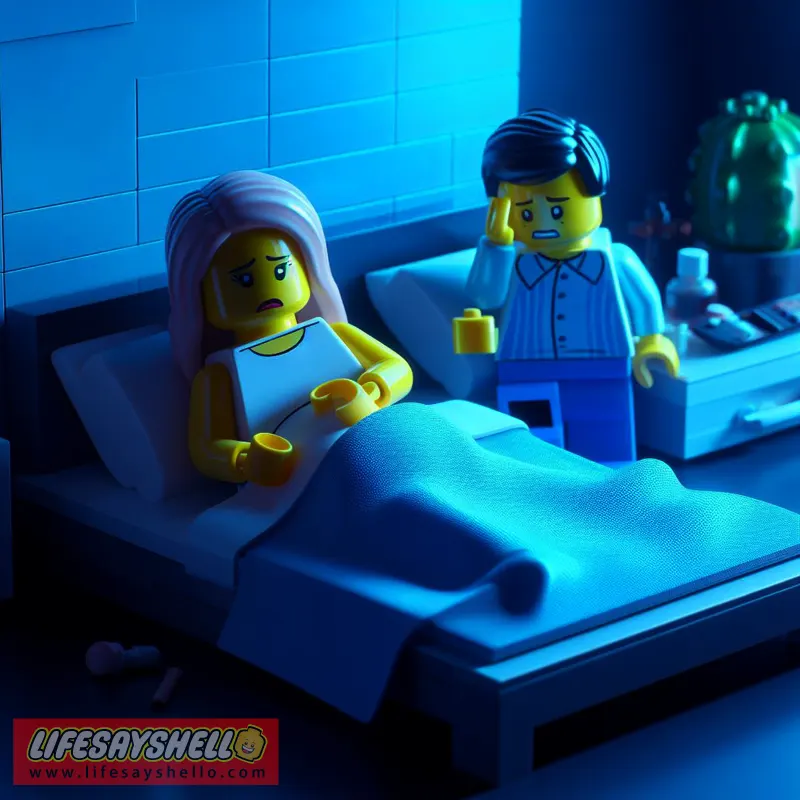
If you’re a woman over 45, you’ve probably noticed that menopause brings all sorts of fun changes. Hot flashes, mood swings, and an inability to remember why you walked into the kitchen (was it for wine or ice cream? Both?). But one of the most annoying menopause symptoms is night sweats. You know, when you wake up drenched in sweat, then get chilled to the bone as it evaporates. Not exactly how you want to wake up each morning!
So what gives with these disruptive night sweats? And what can you do to get back to peaceful, uninterrupted sleep? I’ve done some digging and have the scoop on why menopause causes night sweats, plus tips to finally get relief. Keep reading to learn why your body’s internal thermostat is out of whack and simple lifestyle tweaks to keep your bed from feeling like a sauna every night.
Why Your Body Temperature Goes Haywire During Menopause
First, let’s quickly define what night sweats actually are. They’re severe hot flashes that occur at night during sleep, resulting in drenching sweats that soak your nightclothes and bedding. It’s your body’s attempt to cool itself down when its internal temperature regulation goes on the fritz.
And what causes this thermostat malfunction? You guessed it: good ole hormones. Here’s the deal: Two of the main hormones that decline during perimenopause and menopause are estrogen and progesterone. These hormone changes are what throw your body for a loop and cause issues with regulating temperature.
This is because estrogen helps control the part of your brain called the hypothalamus, which functions as your internal thermostat and regulates body temp. When estrogen drops during menopause, it messes with the hypothalamus’s ability to keep your body temp steady. This leads to feeling overheated and excessive sweating (i.e. night sweats) at inappropriate times. Like when you’re just trying to get some zzz’s!
Now here’s the even more annoying part: night sweats tend to be most common and severe in the first year after your last menstrual period. This lovely symptom is your body’s way of saying, “Hey there, we’re in menopause!” As if the 12 months of irregular, heavy periods weren’t indication enough.
However, some unlucky ladies continue to deal with night sweats for several years after their last period. It’s different for everyone. But just know the night sweat struggle is real and you’re definitely not alone!
What Else Can Trigger Night Sweats During Menopause?
While hormone fluctuations are the main culprit, other factors can also trigger night sweats or make them worse. These include:
Being overweight: Excess fat leads to more insulation which causes you to feel hotter. Losing even a modest amount of weight can help reduce night sweats.
Eating spicy foods, caffeine, or alcohol: Anything that heats up your body temperature or causes flushing can exacerbate night sweats. Try to avoid these triggers in the evening.
Stress: When we’re stressed, our bodies release hormones like cortisol that can increase sweating. Finding healthy ways to manage stress can help minimize night sweats.
Certain medications: Some drugs like hormone therapy, antidepressants, diabetes meds, and pain relievers are known to cause sweating. Talk to your doctor if you think meds are making your night sweats worse.
Medical conditions: Thyroid disorders, cancers, and autoimmune diseases can also increase sweating. Get checked out by your doctor if you suspect an underlying condition.
Environment: A hot, humid environment and heavy pajamas and bedding can cause you to overheat more easily.
As you can see, night sweats have a myriad of potential causes and triggers. The fun just never stops during menopause!
Lifestyle Tweaks to Keep Your Nights (Mostly) Sweat-Free
If you want to stop waking up in a puddle of sweat every morning, try making some of these simple lifestyle changes to stay cool at night:
Keep your bedroom cool. Optimal room temp is around 65°F (18°C). Use air conditioning, fans, or open windows to prevent overheating.
Dress lightly. Wear lightweight, breathable pajamas and use lightweight, moisture-wicking sheets and blankets. Avoid flannel and other heavy fabrics.
Take a cool shower before bed. This helps lower your core body temp so you don’t feel as hot at night.
Avoid triggers. Cut back on alcohol, spicy food, caffeine, and stress at least 3-4 hours before bedtime.
Stay hydrated. Drink plenty of water and electrolyte-rich fluids during the day and limit fluids 1-2 hours before bed.
Exercise earlier. Physical activity can boost body heat. Try to exercise in the morning or afternoon instead of evening.
Keep snacks handy. Blood sugar dips during the night can worsen hot flashes and sweating. Have a small, protein-rich snack before bed.
Try breathwork. Slow deep breathing triggers a relaxation response which helps regulate body temperature.
Use a gel-filled cooling pad or ice pack. Place one under your neck, lower back, wrists or other pulse points to stay cool.
Layer bedding. Start with a moisture-wicking mattress protector, then sheets, then blankets so you can adjust layers as needed.
I know, it’s annoying to make all these little tweaks just to get a decent night’s sleep. But trust me, it’s worth trying some of these tips and tricks to keep your bed from turning into a sweat-soaked mess every night.
When to Talk to Your Doctor About Night Sweats
Lifestyle adjustments may help reduce those bothersome night sweats, but if you’re still struggling with severe, frequent, and disruptive night sweats, it’s a good idea to chat with your healthcare provider.
There are additional medical treatments that could bring relief, like:
Prescription hormone therapy: Systemic estrogen with or without progesterone can help stabilize hormones and temperature regulation. But this option has risks like blood clots and stroke that your doctor can explain.
Antidepressants: Low doses of drugs like venlafaxine (Effexor) and fluoxetine (Prozac) may reduce hot flashes and night sweats.
Gabapentin: This anticonvulsant drug used for nerve pain has also been shown effective for treating hot flashes and night sweats.
Clonidine: This blood pressure medication may decrease frequency of moderate to severe hot flashes.
Your doctor will evaluate your medical history and symptoms to determine if prescription medications for night sweats are appropriate for your situation. Some women may not be candidates for certain drugs due to health risks.
It’s also a good idea to touch base with your healthcare provider if you experience night sweats that:
Last several years after your final menstrual period
Seem to get worse, not better over time
Occur along with other concerning symptoms like unexplained weight loss
While menopause night sweats are common, new onset of severe sweating can sometimes indicate an underlying medical condition that needs evaluation. So don’t hesitate to get checked out.
Don’t Despair - There Is Light at the End of the Night Sweat Tunnel!
I know night sweats are the absolute worst. Just when you finally get cool enough to drift off to sleep, you wake up in a puddle and have to change your soaked PJs and sheets. It’s like being thrown into sudden menopausal hell multiple times a night!
But don’t lose hope. Here’s a bit of good news: for most women, night sweats do gradually improve over time after menopause. It may take months or years post-menopause, but hormone levels eventually stabilize and night sweats become less frequent and severe.
In the meantime, be patient with yourself and keep trying some of those lifestyle remedies to find relief. This too shall pass! Before you know it, you’ll be back to sleeping soundly through the night like a menopause warrior.
So in summary:
It’s your wonky hormones that are to blame for night sweats. Stupid estrogen!
Make your bedroom an ice box and watch what you eat and drink at night.
If no improvement after lifestyle tweaks, talk to your doc about medical options.
Over time, night sweats will likely get better as hormones chill out.
You’ve so got this! Menopause doesn’t stand a chance against you!
Hang in there and sweet dreams! You’ll be back to sleeping like a baby in no time.
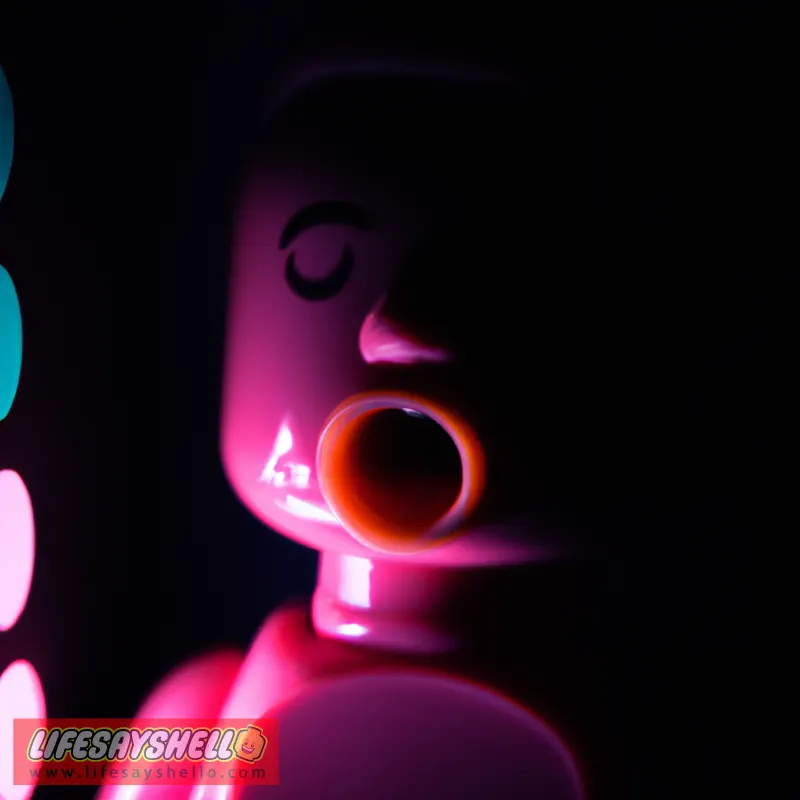
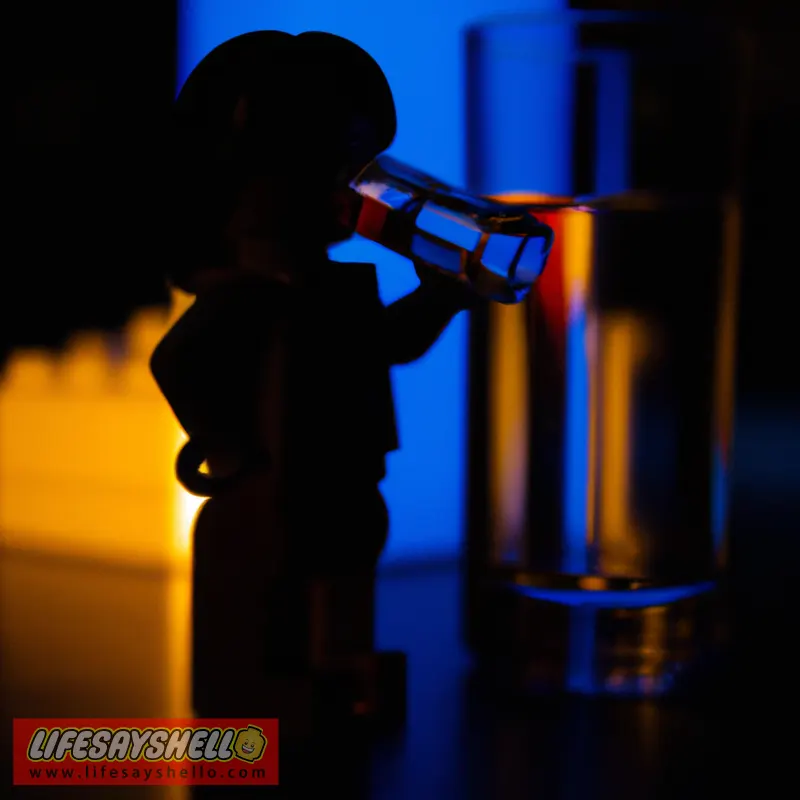
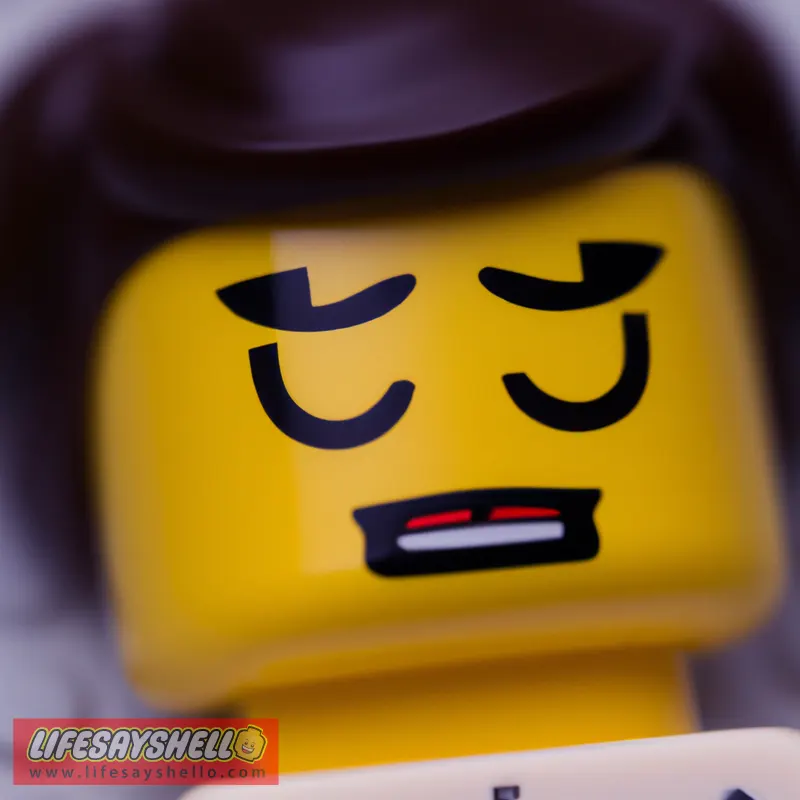
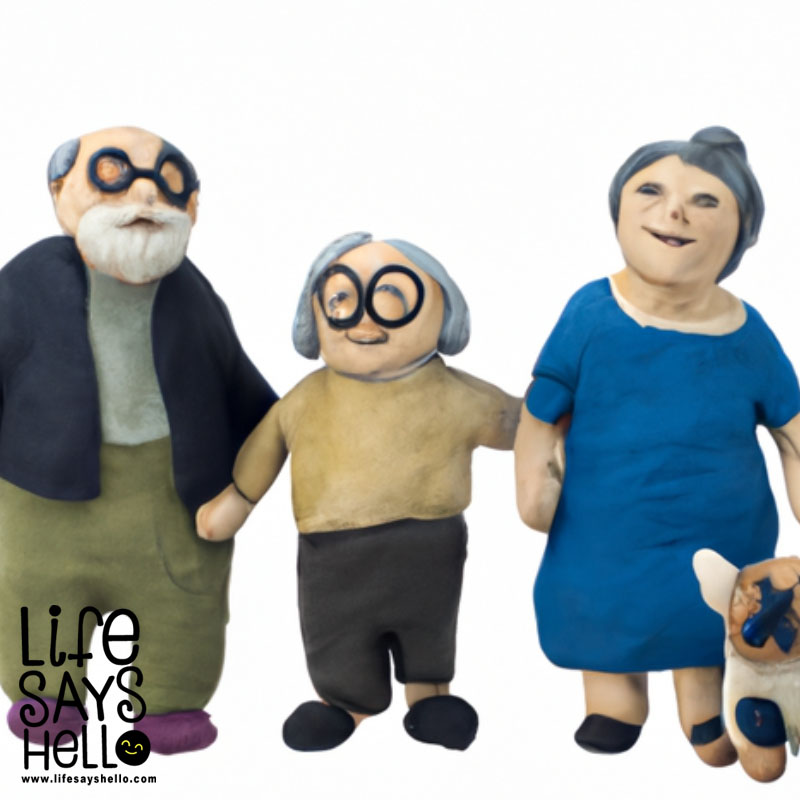
Comments